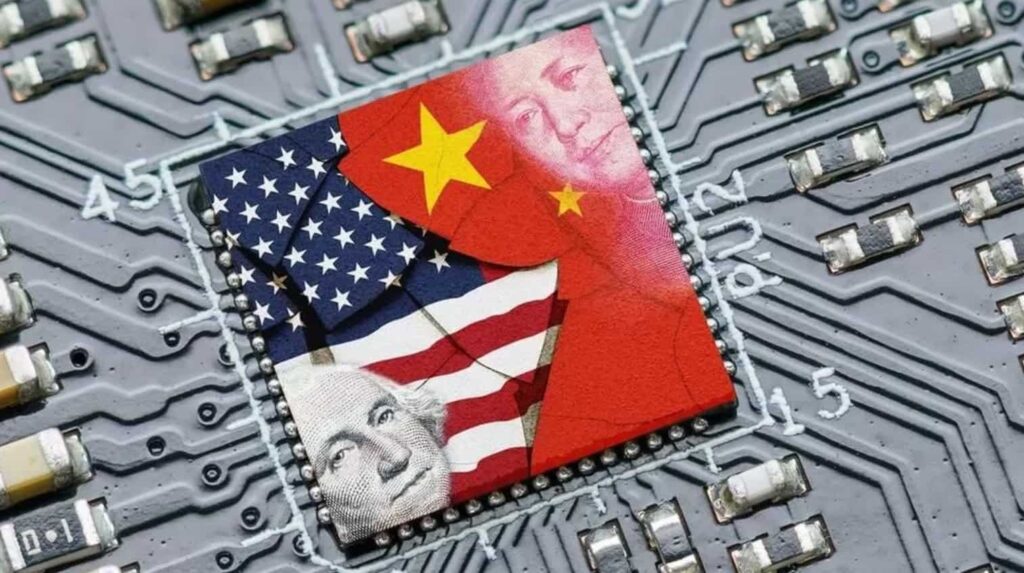Table of Contents

China has recently imposed restrictions on exporting three key rare minerals to the United States: Gallium, Germanium, and Antimony. This decision escalates trade tensions between the two largest global economies, coming as a direct response to recent U.S. policies, such as bans on advanced chips, machinery, and measures targeting over 100 Chinese companies.
Significance of the Banned Key Rare Minerals

- Gallium (Atomic Number 31)
- A soft, silvery-white metal with a melting point just above room temperature.
- Plays a vital role in semiconductor manufacturing, particularly in gallium arsenide wafers, used in high-frequency and heat-resistant devices.
- Essential for defense, renewable energy, and communication technologies.
- Germanium (Atomic Number 32)
- A brittle, greyish-white metalloid.
- Used in infrared optics, fiber optic cables, solar cells, and low-carbon technologies.
- Crucial for producing high-performance semiconductors.
- Antimony (Atomic Number 51)
- A hard, silvery metalloid.
- Used in military applications, including bullets and weaponry, and as a flame retardant.
- Integral to industrial production and defense systems.
Implications of the Export Ban

These minerals are critical in producing semiconductors, often referred to as the “new oil“ due to their importance in modern technologies. Their applications include:
- Consumer Electronics: Smartphones, computers, and household appliances.
- Defense Systems: Advanced weaponry and military equipment.
- Renewable Energy Technologies: Solar panels and energy-efficient devices.
The export restrictions are expected to disrupt global supply chains, compelling the U.S. to explore alternative sources or invest in domestic production. However, such adjustments are time-consuming and entail significant costs, potentially impacting industries reliant on these materials.
This development highlights the growing strategic importance of critical minerals in global trade and geopolitics, further intensifying the competition for technological dominance.